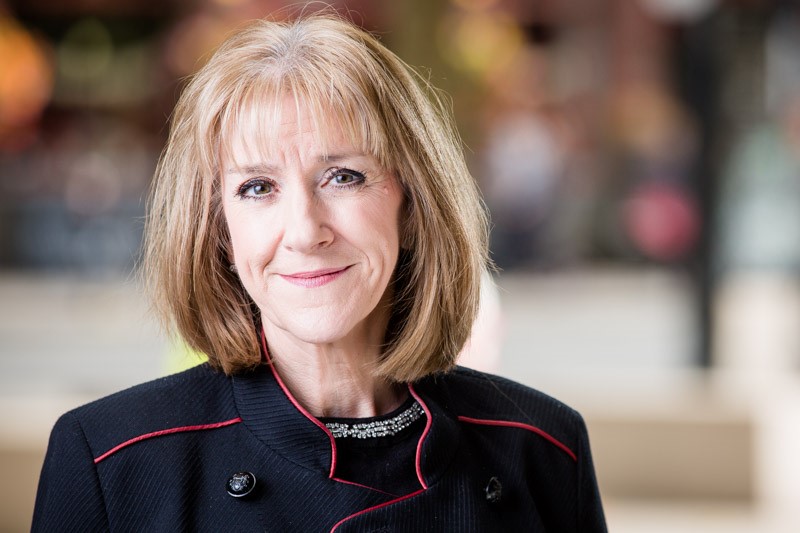This is the advice Tracy Evlogidis is offering amid the uncertainty of Brexit.
Earlier this month, she was appointed head of immigration at international law firm Withers, where she specialises in advising private clients and their families on UK visa requirements.
From this position she can see the global forces driving trends in immigration law and their consequences.
Brexit, she observes, is part of wider trend in global immigration law, making international mobility more difficult with countries making emigration harder through higher fees, higher hurdles and fewer rights.
“It is so much tougher now around the world,” Evlogidis told International Adviser.
“There is abuse of the immigration processes, which leads to a lot of prejudice. When the (Brexit) referendum was coming up people who couldn’t get their children into schools were blaming migrants.
“For Europeans here (in the UK) they felt it was racist. The first workshop we held after the vote I had never seen such emotion in a corporate setting. There was screaming and there was anger.”
Cutting through Brexit noise
Evlogidis’ standing in the profession means she has access to the latest thinking on UK immigration through her membership of the Law Society’s Brexit Steering Management Committee and Home Office Business and Operational Forum.
“It is interesting to hear how government is thinking about this,” she says.
“They are homing in on things and my advice to clients is to bag what you can now. European permanent residents in the UK now should apply for that British passport.”
Through the Migration Advisory Committee, an independent advisory body commissioned by the Home Office to look at the economic impact of Brexit and help devise an immigration strategy, Withers is canvassing clients to proactively be involved in the formation of post-Brexit policy.
This kind of work leads Evlogidis to believe, with as much certainty as available, that the government will secure a two-year extension on Brexit negotiations, providing the remaining EU27 agree.
Connecting Withers immigration practices
Evlogidis is also tasked with building connections across the Withers’ worldwide immigration practice.
“At Withers the capability is there, for me it is about joining the dots,” she says. “Immigration is a team effort globally, no one person can know it all and if they claim they can, it can be dangerous.
“For example, when the Home Office republishes forms every year they can change the questions, which can make the difference to whether an application succeeds or fails.”
Part of this client work involves corporate advice, facilitating the relocation of businesses and families. Withers’ aim is to provide a one stop shop for global personal and corporate immigration requirements.
Immigration is in a different place
Evlogidis trained at Ashurst as a tax lawyer later joining Kingsley Napley, who were setting up an immigration department. She previously led the immigration teams at Morgan, Lewis & Bockius among others.
“Immigration practice isn’t sexy, but it is getting there. Brexit has made it sexy and it is different place now,” she reflects.
“When you deal with immigration it is very personal because you delve deep into people’s lives because you need to know everything [about] their background and their children.
“Once you get one visa it gets out into that community. You get the loyalty of clients and it moulds your practice.”
In 18 years as an immigration specialist, she has advised everyone from the rich and famous to staff at her local coffee shop, where she gives informal ‘counter-top’ advice over a cappuccino.
Ultimately, if you have talent or money Brexit won’t be an obstacle, she concedes, it is everyone else who will be impacted.








